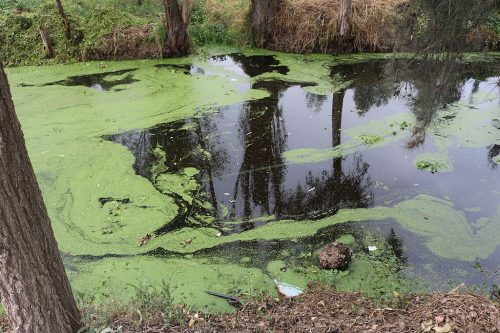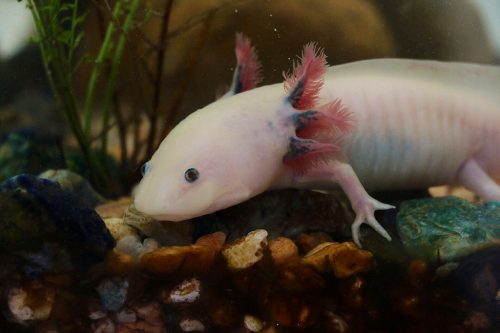Scientists worry about the axolotl, a unique Mexican salamander, and seek help. A new program allows people to “adopt” an axolotl, raising funds to save the endangered species.
The axolotl, pronounced “aho-LO-tul,” is a remarkable aquatic salamander with a long body, short legs, and a slimy skin covering.
Unlike most salamanders, axolotls never undergo a major transformation, keeping their gills and remaining in the water throughout their lives.
Axolotls, renowned for their extraordinary self-healing abilities, can regrow limbs and even parts of the heart, brain, or lungs. Scientists are intrigued by this process, with potential applications for solving human medical challenges.
In Mexico, various axolotl species face severe endangerment. The Mexican axolotl, primarily residing in the canals and smaller bodies of water within Lake Xochimilco near Mexico City, is especially at risk. Unfortunately, their population in Xochimilco has plummeted by 99.5% in less than two decades, from thousands to now only dozens.

Several factors contribute to the decline in axolotl populations. Pollution in the canals has worsened, and invasive fish in the lake are consuming axolotl food, including their offspring.
Scientists from Mexico’s National Autonomous University (UNAM) have dedicated years to axolotl conservation efforts. Last year, they launched “AdoptAxolotl,” a successful fundraising program that garnered over $26,000. The funds were utilized to clean up Xochimilco’s canals and establish a secure environment for raising axolotls.
This year, scientists are relaunching AdoptAxolotl with the goal of surpassing last year’s fundraising success.
The program provides various ways to support axolotls. A $30 donation allows virtual “adoption” of an axolotl for a month, while smaller donations contribute to axolotl food expenses. Larger donations focus on enhancing axolotl habitats and include a visit to the UNAM-protected area where axolotls are raised.
Funds raised will support ongoing scientific efforts and aid in restoring the axolotl’s natural habitat in Xochimilco’s canals. The scientists aspire to gather sufficient funds for a comprehensive count of remaining wild axolotls, facilitating effective strategies for their protection.
